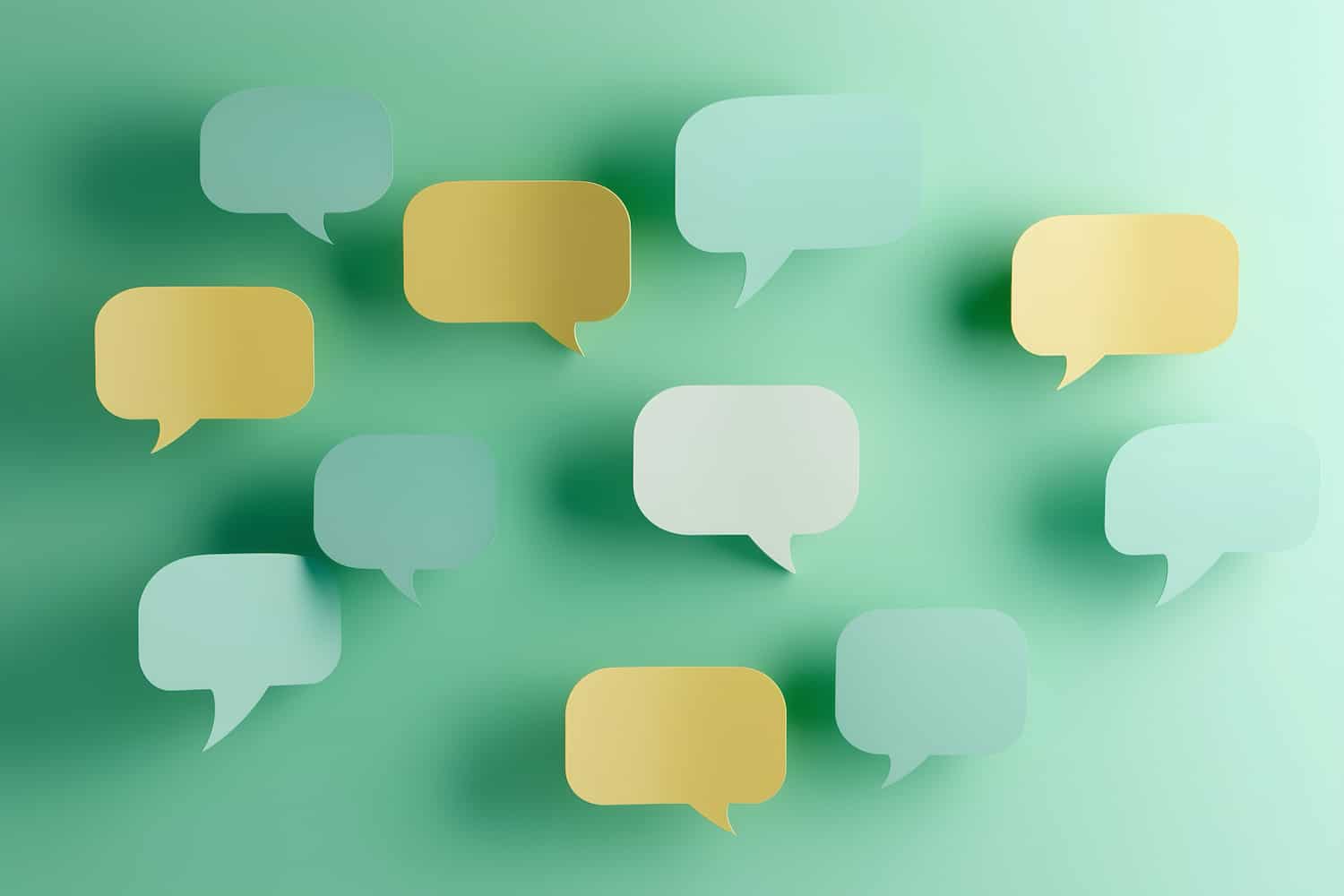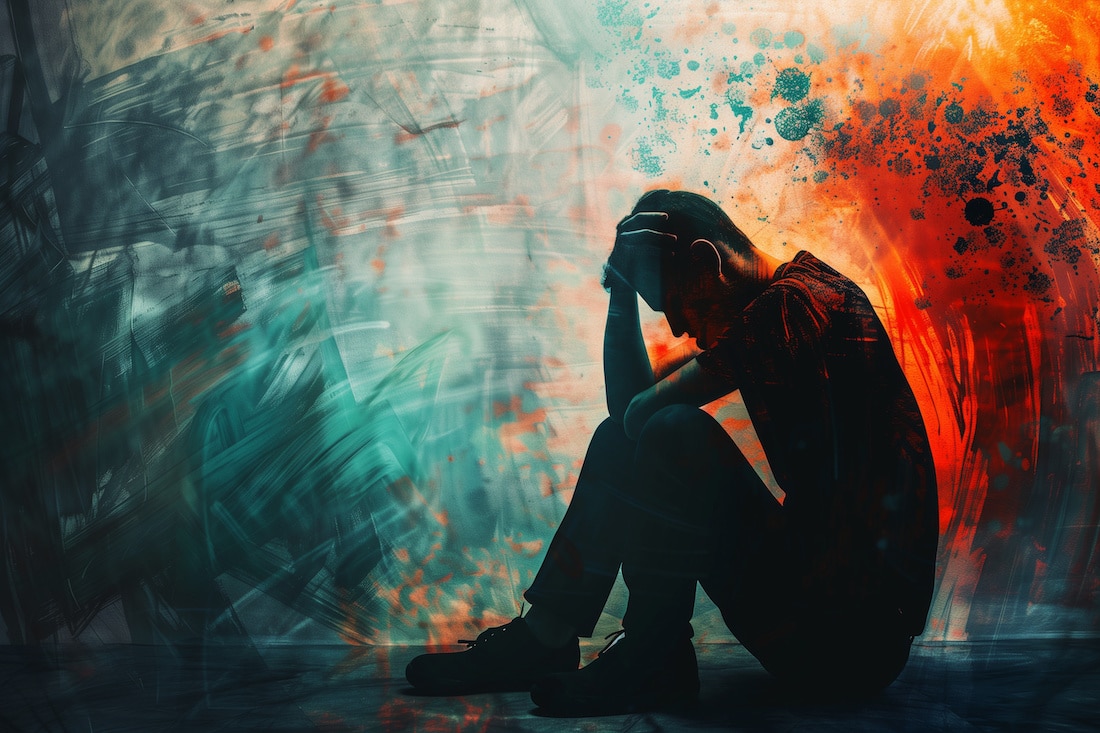
Drinking is very common and socially acceptable in many cultures. People are often drawn to use alcohol both to fit in socially and because they enjoy the way it makes them feel. Alcohol releases endorphins in the brain, which can make you feel happier, more sociable, and less stressed.
At the same time, alcohol is a highly addictive substance that can lead to a compulsion to keep drinking even when it begins to cause problems in your life. If you have a pattern of having difficulty controlling how much you drink, wanting to drink more to repeat the effect you’ve gotten from alcohol in the past or having very uncomfortable symptoms if you try to stop drinking, you may have alcohol use disorder.
For More Information About Our Alcohol Use Disorder Treatment Programs
Call Us At: (310) 455-5258
Early Signs of Problem Drinking
There are some mild symptoms that may indicate the start of a drinking problem. If you have these symptoms, you may be able to moderate your behavior if you haven’t yet become physically and psychologically dependent on alcohol.
Signs of problem drinking include:
- Wanting a drink to relax or change a negative mood
- Habitually relying on alcohol to relieve anxiety or to sleep
- Lying to others about how much you’re drinking
- Frequently drinking more than you intended to
- Feeling ashamed of your drinking
Recognizing that you have a problem with drinking is an important step toward preventing serious problems with alcohol use. If you find that your pattern of drinking is causing problems in your daily life and it’s difficult for you to cope without drinking, you may have developed alcohol use disorder.
Signs of Alcohol Use Disorder
Alcohol use disorder or alcoholism is a chronic and progressive disorder, which can be fatal if it isn’t treated. It can range from mild to severe. Signs of alcohol use disorder include:
- Being unable to cut back on the amount you drink or to stop drinking once you start
- Spending a lot of time thinking about or trying to obtain alcohol
- Feeling a sense of panic if you’re unable to obtain alcohol
- Feeling annoyed with people who tell you that you have a drinking problem
- Giving up activities you used to enjoy in favor of drinking
- Continuing to drink even when it’s causing problems with relationships or responsibilities such as work or school
- Drinking in situations that are risky or unsafe such as while swimming, driving or operating machinery
One of the major warning signs of alcoholism is developing tolerance, which means you need to drink more than you used to in order to feel relaxed or to feel the desired effects of alcohol. Another strong sign of alcohol use disorder is the onset of symptoms of withdrawal if you try to quit drinking. These symptoms include shaking, sweating, irritability, nausea and insomnia.
Getting Help for Alcohol Use Disorder
The way alcohol affects you is more important than the amount you’re drinking, and it’s possible to experience negative effects from small amounts of alcohol. Some people with alcohol use disorder drink heavily on a daily basis, while others binge drink rather than drinking every day.
Admitting that your drinking is out of control is an important first step toward beginning to recover. Ask for help from your doctor, a mental health professional or a professional in the field of addiction recovery. Depending on the severity of your addiction to alcohol, you may be able to obtain treatment on an inpatient or outpatient basis.
Raising Awareness about Alcohol Use and Misuse
Alcohol misuse affects both men and women, and people of any age, race or socioeconomic background. As many as 14.1 million people in the United States have alcohol use disorder, and over 400,000 people between the ages of 12 and 17 were diagnosed with this disorder in 2019.
April is considered Alcohol Awareness Month, and it’s a good time to get involved with spreading information about the use and misuse of alcohol on social media. The more knowledge people have about the dangers of misusing alcohol, the more likely they’ll get help if it’s needed.
If you or a loved one are struggling with alcohol use disorder or problem drinking, please call us at (310) 455-5258 or submit the form below to learn more about our treatment programs in Los Angeles.



